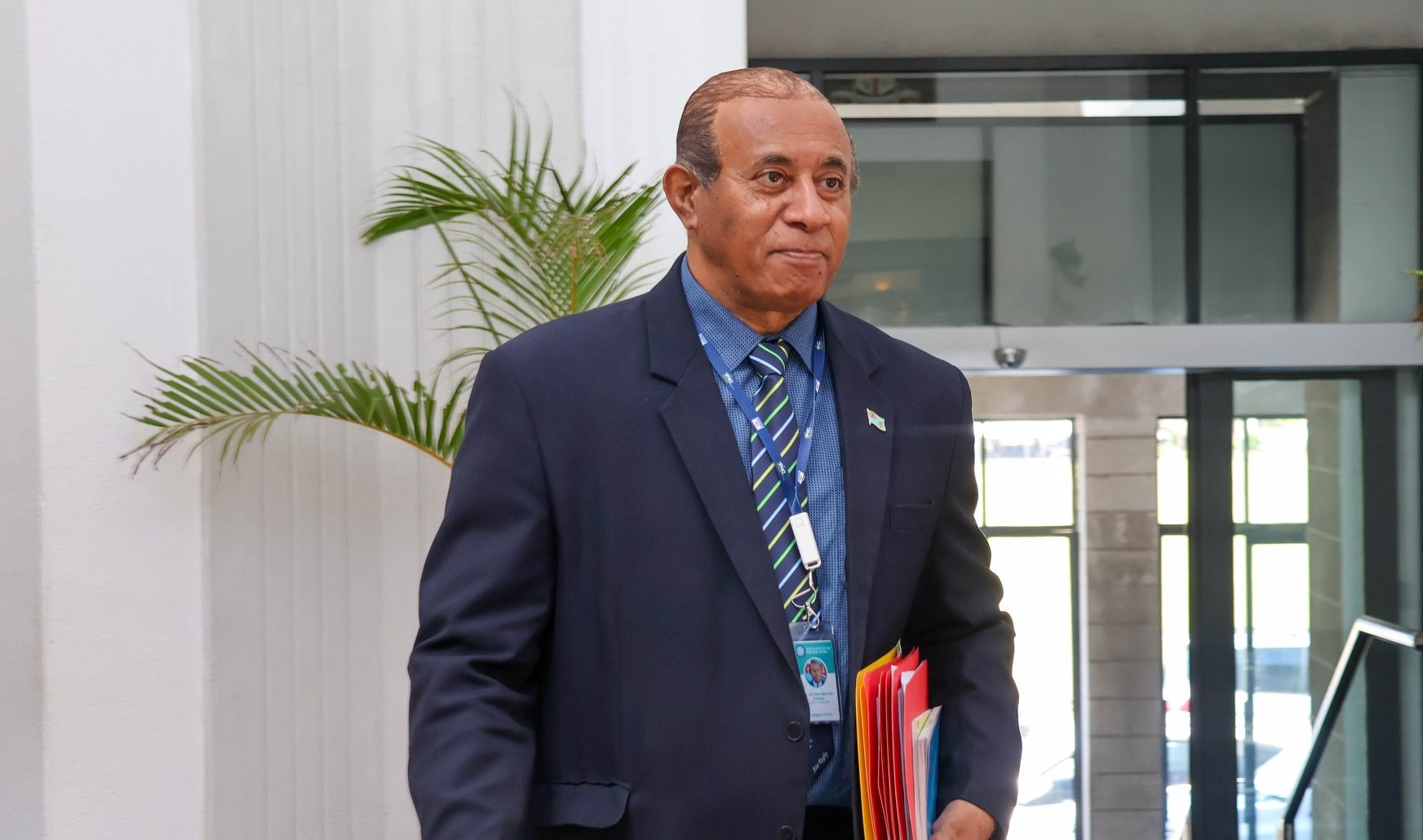PUBLIC Works Minister Ro Filipe Tuisawau has commended the Fiji Police Force for effectively using its budget while outlining major reforms in recruitment, forensics, infrastructure and modern policing tools.
Addressing Parliament on the Standing Committee on Foreign Affairs and Defence’s review of the force’s 2020-2021 annual report, Ro Filipe said the force had achieved a budget utilisation rate of between 95 per cent and 99.9 per cent from 2020 to 2025.
“That is commendable, and this Government would like to re-emphasise what the honourable Minister for Policing said, that he is addressing on HR issues,” Ro Filipe said.
“Approved an increase of 1000 personnel, $19.5 million, as already mentioned, 538 additional officers and translates to over 800 officers added to their current strength and supported salary increments. Have you done that in the past or not?” he told the House.
Ro Filipe said ongoing investigations into missing drug exhibits underscored the force’s commitment to accountability, supported by its Internal Affairs and Professional Standards divisions.
He pointed to improvements in the public complaints system, including the 917 helpline, which operates 24/7.
Training and recruitment programs were being upgraded to meet international standards in areas such as forensic science, community policing, human rights and technology.
Ro Filipe noted 41 officers had gained technical and vocational training certification through Fulton Adventist University College.
Reforms include a review of the Fiji Police Act 1965 to “modernise policing powers and operational tools,” use of drones for surveillance, and new funding for forensic capabilities — $150,000 for DNA quality assurance and $250,000 for forensic chemistry equipment.
Ro Filipe confirmed new police posts would be established in Kavala, Beqa and other rural areas, while critical upgrades to Nadi and Tavua stations would target sanitation, barracks and evidence storage.
He said as of September 16, the force operated 396 leased vehicles, 81 police-owned and 146 motorcycles.
“Strategic allocation and maintenance of vehicles will maximise operational impact and service,” he said.



